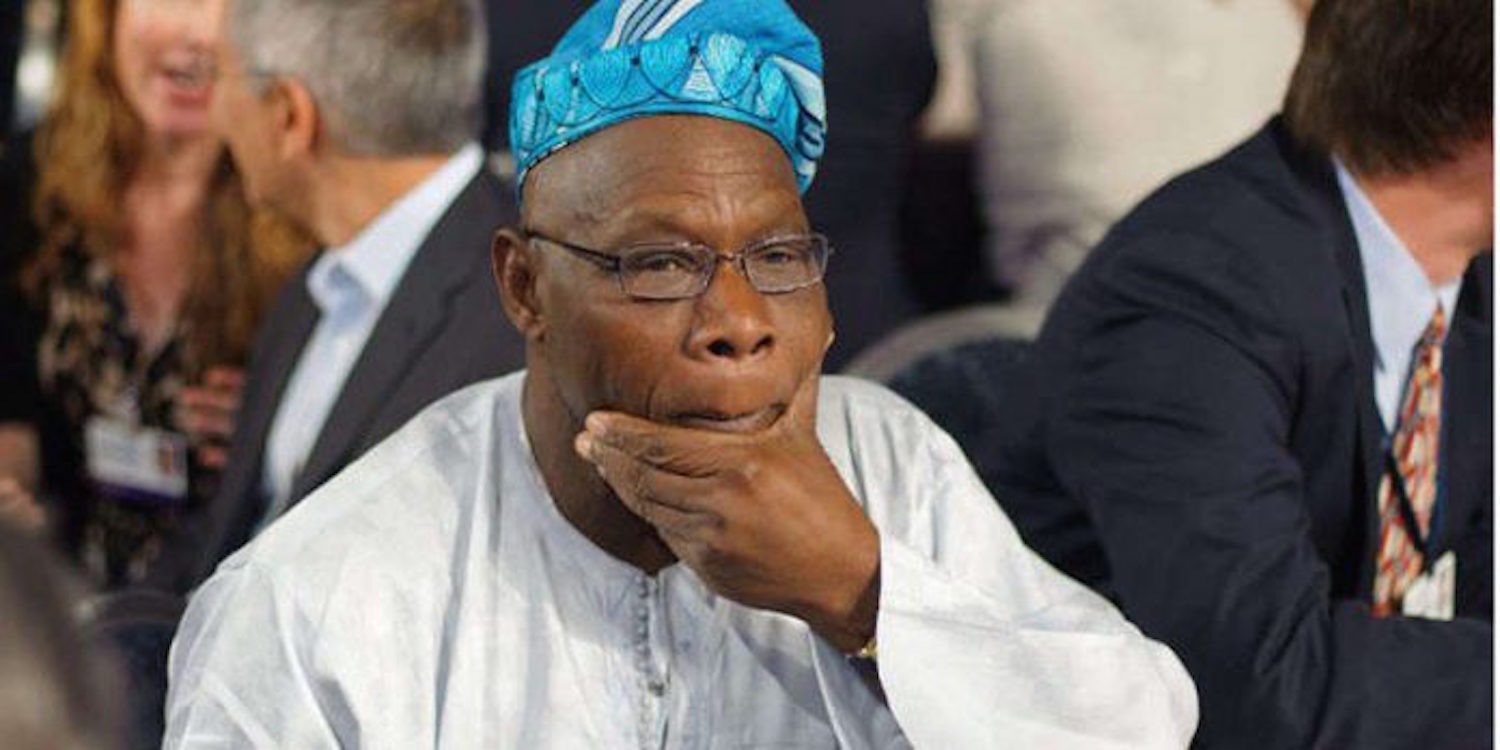Imagine this scene, dear reader. Imagine a road cutting through the rainforest. Imagine a high-speed chase, a convoy with a high-value target relentlessly pursued by a blue BMW with fire-spitting rifle muzzles sticking out of the rolled-down windows. Imagine bombs going off, taking out four armed mobile policemen in the VIP protection unit of the convoy. It is not a movie, trust me. It is the attack this Monday on the former governor of Imo State, Ikedi Ohakim, as described by the man himself. In the end, Ohakim thanked God, his bullet-proof car and their run-flat tyres for surviving the attack.
While attacks like these are not new and have become common place in the South East, if this one had been successful, it would have been one of the higher profile ones. Fortunately, the former governor escaped even if his security details were not so lucky.
What this incident demonstrates is the painful reality that the act of flipping the calendar page did not magically wish away the troubles of Nigeria from the last year. The South East especially has experienced a significant spike in insecurity from killings to massacres, with dozens of bodies being found in all sorts of places.
New year, same old wahala, and some more. Government workers are still being owed salaries from last year and the year before. In Benue, school teachers have not been paid for a year, and some of these affected employees say they are being owed as much as 15 months in wages.
New Year carnival turns violent in Ikare-Akoko
China’s COVID-19 surge: IATA warns against ‘knee-jerk’ travel restrictions
With the current inflation and the astronomical cost of living, it is hard to imagine how these employed persons are surviving the country’s harsh realities. It is even harder to imagine them having the full capacity and focus to discharge their duties effectively. The effect of this will also be felt in the kind of education the next generation of Nigerians is receiving at the moment.
Yet Governor Samuel Ortom of Benue is running his political campaign to, as one newspaper claimed, ‘retire to the Senate, completely unaffected by this situation. He has been travelling across the country and beyond to influence the outcome of the general elections and tell people who to vote for.
Discounting the fact that people are quite capable of deciding for themselves who to vote for, and most have decided already, the governor seems to forget that a hungry electorate is more amenable to financial inducements and vote-selling during elections, especially for underpaid/unpaid teachers who don’t get to be pensioned off to the glamorous retirement home for poorly-performing governors that the Senate is turning out to be.
But this is all part of the political telenovela that has been years in the making and will dominate the next few months of the nation’s agenda. This drama in which people with questions to answer sit on high thrones and prescribe to Nigerians what to do.
New year. Same wahala. A new year that got off to another missive from the most famous letter writer in the country. President Olusegun Obasanjo picked his time to drop a discomfiting bomb on his former vice president, Atiku Abubakar, with whom he has always had a tension-fraught relationship since 2003 and the APC’s Bola Tinubu with whom he has never had any good relations. Neither of them liked the letter, judging by the reaction of their media teams and that of the presidency as well, but his endorsement of Peter Obi, as Obasanjo himself intended, resonated with the youth.
But did these youth, the most famous victims of SARS brutality, university closures and endless promises of employment opportunities, need Obasanjo to tell them who they should vote for?
Obasanjo addressed his letter to a generation of Nigerians his generation has failed repeatedly; the generation that should not be struggling to take back Nigeria from anyone because we can’t and shouldn’t be in a perpetual struggle to take back Nigeria—first from prissy colonialists, and then from the post-independence leaders, the generation Franz Fanon branded as the ‘national bourgeoisies’, who supplanted the European colonists and made the country work for them, not for the people. This generation includes the likes of this Obasanjo who was keener on throwing billions in our commonwealth down the drain in pursuit of a failed third term in office, instead of investing in the education of the generation that he is now asking to go to the trenches for Nigeria. The same Obasanjo who has governed Nigeria for 11 out of its 62 years of independence and left a gaping hole where a nation should be.
I have written before in more detail how I witnessed Obasanjo speaking at an event in South Africa where he dispensed wisdom about how Africa can progress and how African leaders, not including himself, have failed. It was such a convincing performance, one that left many in the audience, many who did not know the kind of Nigeria Obasanjo left behind, applauding.
Needless to say, Obasanjo did not stay to take questions, fleeing the stage immediately after he was done, leaving me to a horde of white South Africans turning to the other Nigerian in the gathering, to acknowledge how lucky we must have been to have him. I told them they should have had him take questions.
In any case, the Nigerian youth Obasanjo is so generously prescribing to have a complicated relationship with their abusers—a weird kind of bond redolent with the Stockholm Syndrome Vibe. Days ago, thousands gathered at a concert of the famous artistes Burna Boy, who kept them waiting for seven hours, and instead of offering an apology when he turned up, berated these Nigerians and concluded with, “if you like, no love me, na God go punish you.” Minutes later, they were dancing to his song.
This is the same artiste that has not quite been cleared from an incident in June in which his police security detail allegedly shot and injured the husband of a woman the artiste aggressively tried to seduce at a club in Lagos.
The victims of the shooting spoke, the woman recounted her story in the press, and the police confirmed their officers attached to the artiste were being investigated over the incident. The artiste’s reaction to the allegation was a short Twitter outburst in which he said Nigerians could blame him for starting Boko Haram and he won’t be shocked. No accountability, no clarification, nothing. Just like Obasanjo. He could pontificate about everything and anything with sanctimonious abundance, and fail to account for his attempt to truncate democracy, leaving the country with the most fraudulent elections in its history and Nigerians will love him all the same.
To be fair to Obasanjo, in this letter, he is right on many counts. Nigeria is worse off than it was when he was sworn-in in 1999 and all the indices of good governance have plummeted in the last seven years. His criteria for candidates to be considered worthy or what he called TVCP: or “Track record of ability and performance; Vision that is authentic, honest and realistic; Character and attributes of a lady and a gentleman who are children of God and obedient to God; and Physical and mental capability with the soundness of mind” can only be expanded upon.
In the end, it is a welcome endorsement for Peter Obi’s camp and rubbish drivel from an old man if one is inclined to the other camps.
But the youth he is counting on to retake Nigeria need to perform a fundamental task first. They first need to retake their minds from the Stockholm Syndrome void they have been confined to, and free themselves from the shackles of the ethnic, religious and extractive politics Obasanjo’s generations have profited from and sustained. That is the priority. But the elections are at hand and must be had, and greater youth participation in the democratic process is a start. Nigerian youths must take back this country but they must also be deliberate about it. New year. Same wahala.

 Join Daily Trust WhatsApp Community For Quick Access To News and Happenings Around You.
Join Daily Trust WhatsApp Community For Quick Access To News and Happenings Around You.


